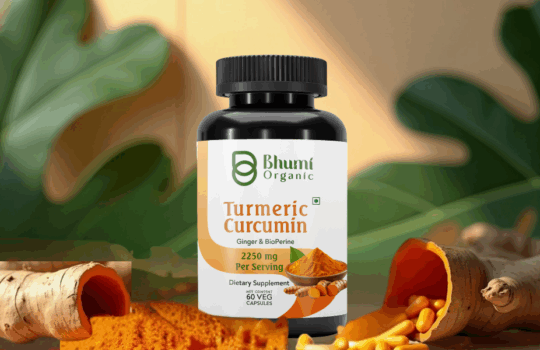Is ghee suitable for diabetics?
Diabetes management is indeed a crucial aspect of overall health for millions of individuals. Ghee, often debated for its role in diabetic diets, seems to have some positive impacts, contrary to common myths. Here’s a breakdown of ghee’s potential influence on diabetes:
Understanding Diabetes:
- Type 1 diabetes occurs when the body’s immune system attacks pancreatic beta cells, reducing insulin production.
- Type 2 diabetes develops when the body either resists insulin’s effects or fails to produce enough insulin.
Ghee’s Role in Diabetes:
- Glucose Absorption: Unsaturated fats in ghee, particularly linolenic acid, can aid in glucose absorption, potentially assisting in controlling blood sugar levels.
- Glycemic Index: Ghee, being high in fat and low in carbs, tends to have a low glycemic index. Incorporating ghee into meals can potentially lower the overall glycemic index, managing blood sugar levels effectively.
- Nutrient Content: Ghee contains vitamins A, D, and K, butyric acid, and antioxidants, which can boost immunity and promote smoother digestion, both beneficial for diabetics.
- Insulin Response: Ghee doesn’t cause a significant increase in insulin levels and includes healthy fats that can potentially aid in reducing the glycemic index of high-starch foods.
Utilizing Ghee for Diabetes Management:
- Moderation is key. Consume small amounts of high-quality ghee, like desi cow ghee from the Vedic cycle, to attain its benefits.
- Meal Additive: Adding a teaspoon of ghee to certain dishes, like dal, rice, khichdi, or rotis, can aid in their digestion.
- Quality Matters: Opt for high-quality ghee, preferably from a reliable source, for maximum benefits.
In summary, while it’s essential for individuals with diabetes to manage their diet carefully, incorporating small amounts of high-quality ghee into their meals might offer certain advantages. As with any dietary alteration, consulting a healthcare professional for personalized guidance is advisable.




